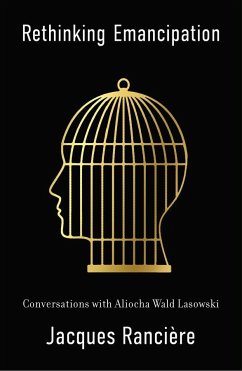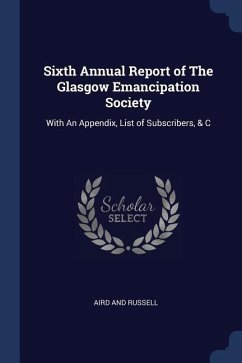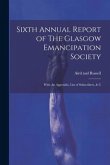Faced with growing inequalities and new forms of domination and exploitation, can the movement of emancipation take on a new life today, or has it been arrested by the powers of repression and normalization? In order to address this question, Jacques Rancière pays close attention to the sociopolitical rhythms of our time, listening for the figures of trembling and oscillation that are often drowned out by the deafening hubbub of the media. He questions the relationship between democracies and the very concept of democracy, and questions what, in the social movements and protests taking place today, offers a possibility of emancipation. Emancipation means breaking out of the established hierarchies, proposing a ludic attitude of free-floating distance and bringing into it a space of equality to replace the dominant order of inequalities. In five conversations on politics, art, literature, philosophy and cinema, Jacques Rancière and Aliocha Wald Lasowski consider the form, experience and collectives which characterise emancipation. In so doing, they imagine the world of tomorrow and the radical utopias that will bring it closer to us.








